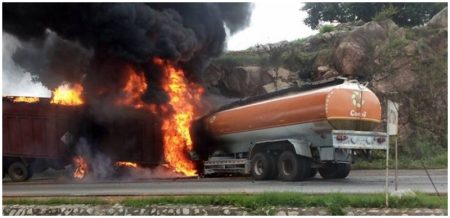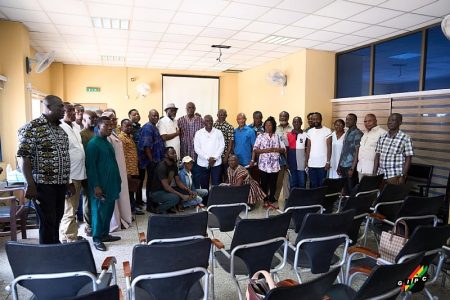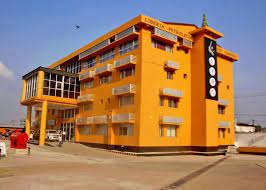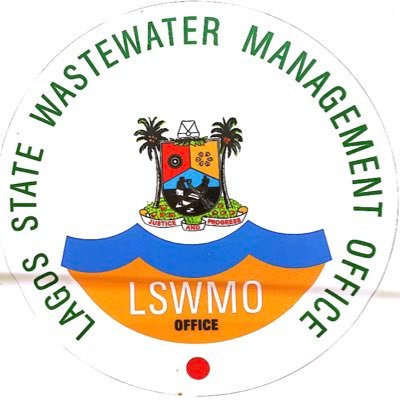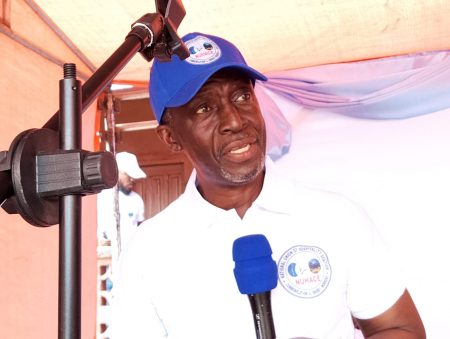The specter of a potential ban on Ghana’s agricultural exports to the European Union looms large, a consequence of the nation’s ongoing struggle to combat illegal mining, commonly known as galamsey. Former Techiman South MP, Henry Yeboah Yiadom-Boachie, has issued a stark warning, emphasizing the severe environmental and food safety hazards posed by this illicit activity. He argues that the continued use of hazardous chemicals in galamsey operations is contaminating Ghana’s water bodies, rendering farmland unproductive, and ultimately infiltrating the food chain, posing significant risks to human health both domestically and internationally. This contamination, Mr. Yiadom-Boachie contends, is driving growing apprehension among European consumers about the safety of Ghanaian food products, potentially leading to a devastating economic blow to the country.
The former legislator’s concerns stem from the pervasive use of toxic substances like mercury, cyanide, sulfuric acid, nitric acid, arsenic compounds, and ammonium nitrate explosives in illegal mining operations. These chemicals, he explains, leach into the environment, poisoning water sources vital for both human consumption and agricultural irrigation. Furthermore, the chemicals degrade soil quality, impacting crop yields and potentially contaminating the crops themselves. This contamination poses a direct threat to staple crops such as cocoa, cashew, and vegetables, the bedrock of Ghana’s agricultural exports and a significant source of income for many Ghanaians. Mr. Yiadom-Boachie, drawing on his prior experience in the mining sector, underscores the severity of the situation, emphasizing the potential for long-term environmental damage and health complications arising from exposure to these hazardous materials.
The potential repercussions of unchecked galamsey extend beyond environmental degradation and encompass significant economic risks. Mr. Yiadom-Boachie warns that the increasing concern over the safety of Ghanaian produce, fueled by the documented use of harmful chemicals in illegal mining, could lead to a rejection of Ghanaian agricultural exports in the European market. This would have a catastrophic impact on Ghana’s economy, severely affecting livelihoods and the country’s overall economic stability. The former MP emphasizes that anecdotal evidence already suggests a growing reluctance among some European consumers of African descent to purchase Ghanaian food products due to these health concerns, signaling a potentially imminent threat to Ghana’s export market.
The urgency of the situation, according to Mr. Yiadom-Boachie, necessitates immediate and comprehensive action to curb illegal mining activities and mitigate the risks posed to Ghana’s agricultural sector. He calls for a concerted national effort to address the root causes of galamsey and to implement effective strategies to prevent further environmental degradation and food contamination. A failure to act decisively, he warns, will not only jeopardize Ghana’s agricultural export market but also pose a significant threat to the health and well-being of the Ghanaian population. The potential rejection of key cash crops like cocoa and cashew on the global market would have far-reaching economic and social consequences, further underscoring the need for a swift and effective response.
Mr. Yiadom-Boachie’s warning serves as a clarion call for a multifaceted approach to combatting illegal mining in Ghana. This approach should encompass stringent enforcement of existing regulations, enhanced monitoring of mining activities, and the implementation of sustainable mining practices that minimize environmental impact. Furthermore, public awareness campaigns are crucial to educate communities about the dangers of galamsey and to promote responsible environmental stewardship. Collaboration between government agencies, local communities, and international partners is essential to develop and implement effective solutions that address the complex challenges posed by illegal mining.
In conclusion, the threat of a potential ban on Ghanaian agricultural exports to the European Union due to galamsey-related contamination underscores the interconnectedness of environmental protection, food safety, and economic prosperity. Addressing this challenge requires a comprehensive national strategy that prioritizes sustainable development, protects public health, and safeguards Ghana’s economic future. The continued inaction in the face of this looming threat could have devastating consequences for the country, highlighting the urgent need for a concerted and sustained effort to combat illegal mining and its detrimental effects. Mr. Yiadom-Boachie’s stark warning should serve as a catalyst for immediate and decisive action to protect Ghana’s environment, its agricultural sector, and the health of its people.









